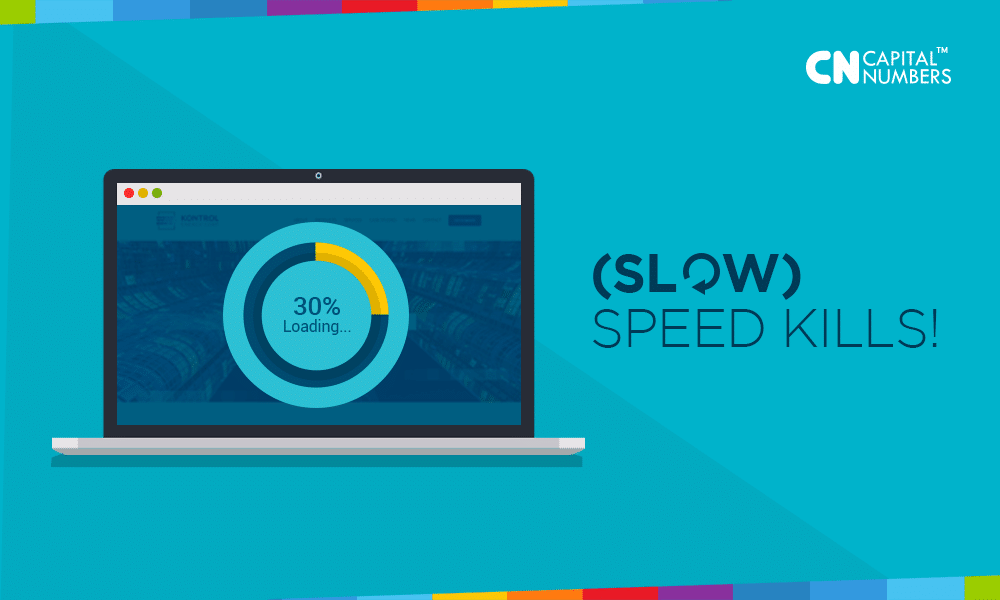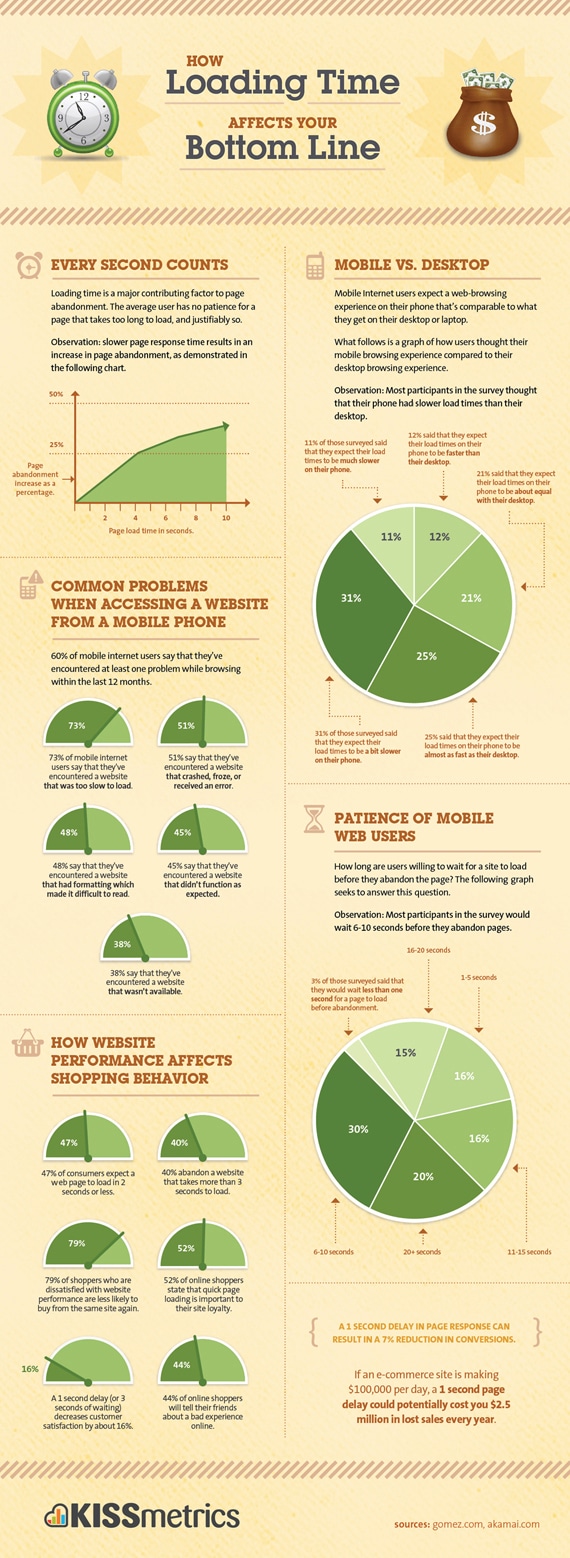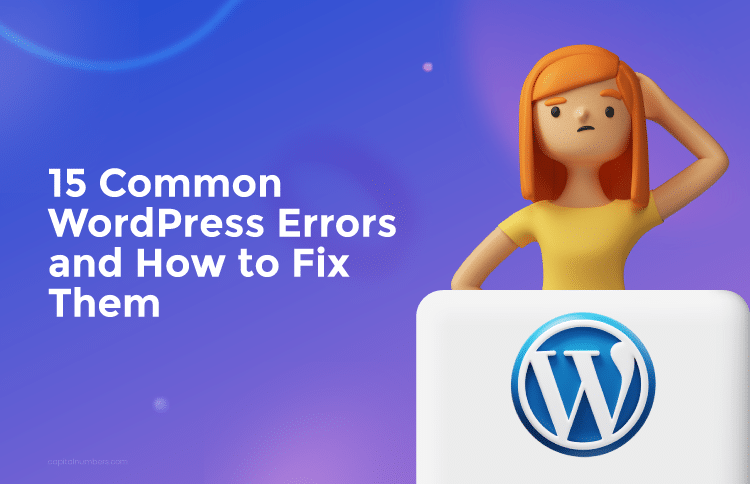5 quick ways to reduce page load time
Table of Contents

The repercussion of slow page load speed can go far beyond just frustrating some users.
Apart from the obvious qualitative aspect of why no one would prefer a sight that loads slowly, there are tons of proven reasons as to why a speed of your website is something that you should be concerned about.
It’s obvious that nobody likes anything slow these days. Our attention spans are decreasing by the minute.
A one-second delay in page-load time leads a drop in page views (11 percent), conversions (7 percent), and customer satisfaction (16 percent), according to the Aberdeen Group.
It’s only natural that people like fast sites. Not surprisingly, Google does too.
‘Site Speed’ acts as a ranking factor as to how Google populates its search results.
We’re seeing an extremely high response-time for requests made to your site (at times, over 2 seconds to fetch a single URL). This has resulted in us severely limiting the number of URLs we’ll crawl from your site. John Mueller, Google
Infact, this InfoG by Kissmetrics, gives you a great glimpse of the several ways in which slow page load speed affects your website user experience and ultimately your business.
So, whether you are a small business owner, or just an artist, whether you are a industry giant brand or an agency providing innovative services, page load speed is something that should have your full attention, because websites are very much a part of your identity and functionality.
Now, that we have got the problem straight, let’s try and explore the solutions that can help us resolve it.
Over the years, we at Capital Numbers have helped several businesses and agencies up their SEO game by helping them reduce page load time. Following are some easy techniques that have always worked for us:
#1 Optimize your images
This point is rather easy to understand. Images are heavy media files, and they make up a lot of your website. So, if you don’t optimize them, they will make the website rather heavy. So here’s what you can quickly do: Use ‘Save for the Web’ option in Adobe Photoshop. This helps you reduce the image load to about 70% and you won’t even notice any difference in quality
#2 Minimise on JavaScript and CSS
The scripts and other functional elements maybe slowing the page down, remove them if not necessary. Also, it’s generally good practice to load your CSS and scripts in external files. This ensures that your users’ browser has to loads these just once, instead of every time they visit your site.
#3 Cache is the catch
Several plugins are available on Content Management Systems like WordPress that cache the latest version of your pages, so that browsers don’t automatically generate the page every single time. WP Super Cache, W3 Total Cache, WP Fatest Cache are some example of plugins that are widely used.
#4 Get away from redirects
Redirects are as confusing to browsers as they are for you when placed on a city map. There is a general preference of a 301 redirect to make sure that you can change your site structure without losing any search engine boost but then too many redirects in the way of the browser slows it down, as it struggles to find its way through them.
#5 Use of CDN
CDN or Content Delivery Networks are always a good decision. They work by producing pages depending on where your user is located. Having access to servers near your user’s geographical location, speed up your page loading process quite a bit.
There are several other ways obviously, but then again, we do not want to maul you with too much information right away. There are two points that we meant to drive home here (hope we did)
- Why slow page load speed is no joke
- What you can do ensure that you avoid low page loads speeds
But then before you realize the gravity of the problem and its solutions, you must know if you have a problem. Let’s share a quick tip for you to do that. Do you think pages at your site load at a good speed? If you are not sure, just talk to us at http://www.capitalnumbers.com/ , and we will get you the full report of the current status and lay down elaborate ways in which we can help.














